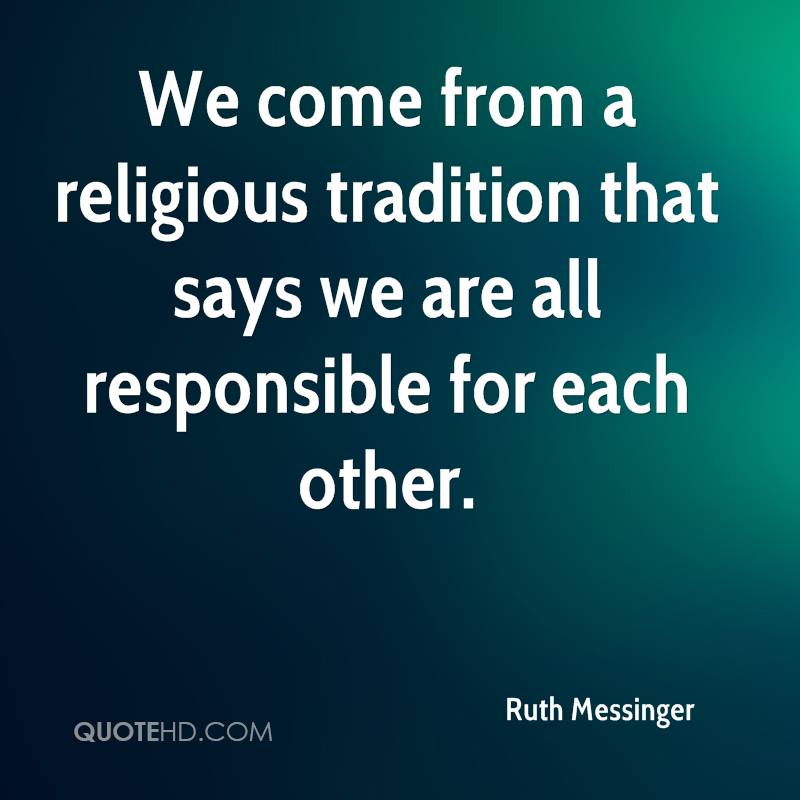Shabbat Shalom! My name is Elena Singer-Freeman, and Torah
portion is about the offerings that Aaron and the high priests brought. The
rules about offerings are described with every step explained in great detail.
To many, this portion may just seem like a boring rule book, however there are
some deeper meanings that I would like to discuss. First of all, by doing
things in a certain way you become connected with the community that does these
things in the same way. This means that learning and following rules can be a
route to feeling that you are a part of a group. Secondly, sometimes it’s not
enough to just do something, it needs to be done the right way. In these cases,
rules ensure success and show respect. And finally, the journey can be as
important as the destination. Sometimes, the method is more important than the
result.
Let me try to explain these ideas in a way that I can relate
to. I don’t know much about offerings, but I do know a decent amount about
academics. So, I’m guessing most of you know what scientific notation is. Even
if you don’t, it’s basically a bunch of rules telling you what to do and what
not to do while writing your wickedly complicated answer to a math or science
problem. These rules sound dumb. But really, they’re not. Scientific notation
helps scientists and mathematicians communicate and connect, almost like their
own language. Following the rules of offering (back then, we don’t do it now)
connected the high priests to each other over generations. When priests
sacrificed a goat, they knew that they were following in the honored goat hoof
steps of the many priests who had come before them.
Here’s a another example;
grammar. Why put a comma here instead of there? It seems like just another rule
that makes no sense! Well, take this example; If I said, “I like cooking my
family and my pets” you should call the police. BUT if I said “I like cooking,
my family, and my pets” you would tell your friends that I am a well rounded
person! Grammar helps everyone speaking the same language communicate
more clearly. Similarly, always following the same steps when making offerings,
might allow the Israelites to better understand the priests’ rituals. Improving
our understanding of rituals will give them more power.
A second reason that rules are valuable is that sometimes
things need to be done well, not just “done”. For example, in gymnastics,
judges care about the skills and difficulty level in your routine, however they
care just as much, if not more, about how well the skills are performed. To
achieve “well done” skills, you need to take the hard route- no shortcuts. This
means performing many drills and strength training to deliver the skill
perfectly in competition; no bent legs! When I do a skill well I have a
sense of pride. Similarly, making offerings the right way, would give the
priests a feeling of the importance of what they were doing. Also, perhaps
offerings done the right way gets you extra credit points with G-d.
Finally, in my portion, what’s more important than the
offerings themselves, is the process that gets you to the end result. This is
the difference between the journey and the destination. Returning to academics,
math teachers love correct answers, but they won’t give you full credit unless
you show your work. For all they know, you could have guessed that x≥y^37. They
need to see your work so they know that you understand the journey that brought
you to this answer. Offerings are all about the journey. You can end up with
the same dead bull in many different ways, but it’s all about how you killed
it. A sacrifice that is the end of carefully enacted ritual steps demonstrates
respect and love for G-d. All other routes to a big mac lack meaning. In
Judaism, some of the laws might seem as obscure as the rules regarding commas.
For instance, the fact that a matzah can’t rest for more than 18 minutes before
it is put into the oven might seem pointless; what difference would another
minute make? It would be the difference between a kosher and non-kosher matzah.
The end result; the matzah coming out of the oven may look exactly the same,
however it’s the journey that counts.
Becoming a Bat Mitzvah is not just about standing up here
and reading some Hebrew, it’s about the many months, even years that I have spent
preparing for this special occasion. Albert Einstein said, “In the middle of
difficulty lies opportunity.” This year I had to balance the demands of my
gymnastics training with my commitment to my Jewish education. I arranged to
read books about the Holocaust on my own and miss one of my weekly gymnastics
practices in order to continue my progress in both areas. I am currently
working to find a way to maintain my athletic training when I attend overnight
camp. Difficult choices and personal sacrifices are all part of the journey,
which is more significant than the end result. The end result of standing
here today is pretty cool, though.









